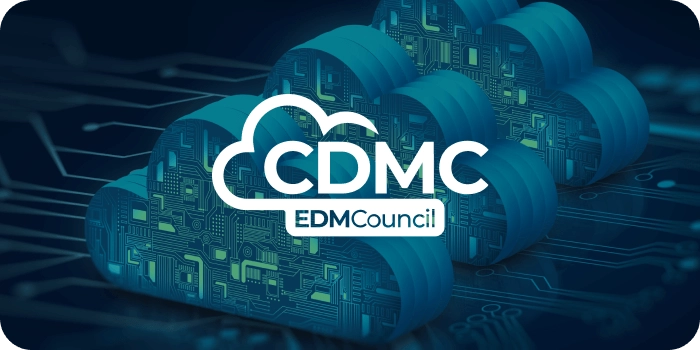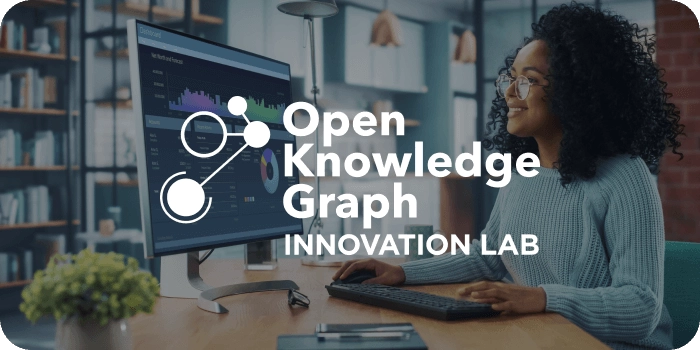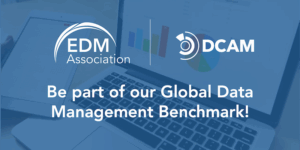As the 2027 sunset of SAP ECC approaches, organizations are under pressure to migrate to SAP S/4HANA and modernize their data infrastructure. Though the multi-year timeline to migrate may feel ample, the complexities around deployment strategies, partner selection and training will consume much of this time. The migration to SAP S/4HANA presents an opportunity to not only upgrade your organization’s ERP system, but also to modernize your data platform to take advantage of AI/ML and cross-cloud data sharing and business continuity features.
This webinar will explore how to integrate and centralize SAP ERP data with other data sources, addressing key challenges and strategies involved.
Join our expert speakers as they discuss:
- The impact of the SAP ECC sunset and what it means for the modernization of your organization’s data architecture
- Strategies to overcome the challenges of integrating SAP data and the benefits of a single source of truth in a cloud-based environment
- Real-world case studies highlighting key learnings from successful enterprise implementations
- A demonstration on how to leverage your SAP data with Fivetran and Snowflake



